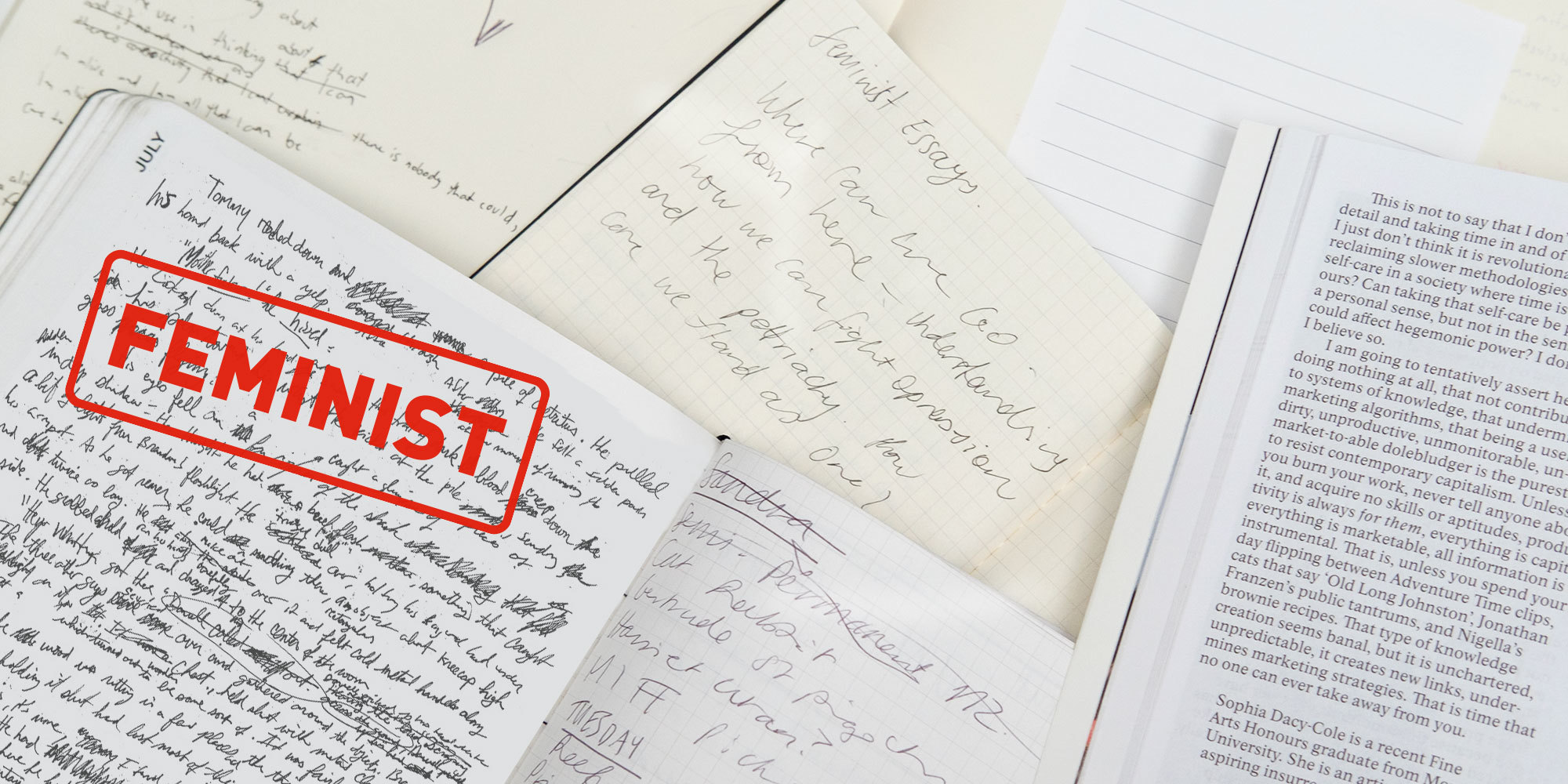In late 2015, a group of students at the University of Sydney decided it was time feminism entered high school classrooms. Understanding these things are usually easier said than done, they tasked themselves with making it happen and fEMPOWER was born. Members include Anna Hush, the leader of the movement for sexual assault reform on campus; Julia Readett, the former Women’s Officer at Sydney Uni; and Subeta Vimalarajah, Arabella Close and Courtney Thomson who were all active in last year’s protests against the tampon tax.
In the months since they started out, the group’s members have begun work with eight schools in the Sydney region, delivering free workshops to over 700 students. The purpose of fEMPOWER is to not only educate students about feminist issues, but also inspire them to form their own collectives for change. We spoke to Subeta about the complexities of teaching a belief system.
You were all active within women’s rights in your own communities, why did you decide to extend the work to schools?
fEMPOWER was created because we all saw a gap in the current education system. The only mentions of feminism in the syllabus are as a “historical movement,” or it relied on students self-selecting courses like Society and Culture or teachers volunteering a “feminist perspective” to the study of English. We’d all had the experience of teachers and schools that actively taught gender inequality and encouraged female students to be outspoken leaders — we wanted our experiences to be the rule, rather than the exception.
It can be difficult to pierce the school system, how did you go about getting into the first school you visited?
We put together a promotional pack of all the ways feminism is alluded to in the NSW curriculum, as well as explaining the types of skills students could gain through our workshops. We asked young people to come to a generic workshop we held at the University of Sydney and then afterwards, we asked them to contact us if they wanted a workshop at their school. A lot of them did! We gave them the promotional pack which they gave to a teacher who then organised the logistics with us. Our first school was Penrith High School. They were short lunchtime workshops but we had an absolute blast and once we had one school, the others came swiftly.
That’s smart to allow the students to invite the engagement in. What do you discuss in the workshops?
Our content changes based on the school. We pride ourselves on being malleable to what teachers feel comfortable with, the feedback we get from students after each session and the ideas of our peers. Our initial focus was on intersectional feminism, which we tried to make accessible to students through pop culture figures like Taylor Swift, Rihanna and Laverne Cox. Since then we’ve moved towards looking at some of the “myths” that surround feminism: “Feminists believe all women are more disadvantaged than all men,” “Feminists believe all women are victims,” “Feminists don’t care about the rights of men.”
Are there complications of “teaching” a believes system? Obviously there is no right or wrong way to engage with this.
Totally, so we don’t answer them (the previous issues) directly. One thing we’re not too keen on is trying to create a “model feminist”. Often the desire to make everyone want to identify as a feminist means policing other feminists. So, we’ll always play devil’s advocate. We also have a separate “Empowering Allies” workshop we run with male students which focuses on breaking down masculinity, understanding how it is constructed, and working through how to resolve your behaviour when you may have, unconsciously, behaved in a sexist way.
How has the reaction differed between boys and girls?
Girl selective schools absolutely love it. It’s a bonding experience, they share their experiences of sexism and have a million questions and ideas to share. Combined classes can be difficult because we find that boys dominate the conversation, but we also don’t want to put female students on the spot and make them feel uncomfortable. When we’ve had classes with just boys, they will be reluctant to talk in a big group, but often have really interesting things to say in smaller groups with just their friends.
Has anything surprised you during the sessions?
It’s been surprising to see how much young people have changed since we were at school. Mainstream media is talking about gender inequality a lot more, and we see that in how switched on students are to these issues. However, it’s also interesting to see how divided that access is. Whilst some students are clearly already attending marriage equality rallies on the weekend others are still baffled by the gender pay gap, or haven’t considered how feminism fails to cater for more disadvantaged women.
What’s next?
We want to create an online space for students who have attended our workshops to be able to discuss feminism and ask us any questions. We want to return to schools that we’ve already run workshops at. We want to travel out further — potentially to regional schools — and do a road-trip. Lots of things! Our very next step is celebrating our first birthday with a fundraiser and a huge cake.
Credits
Text Naomi Russo
Image by Ashley Goodall
